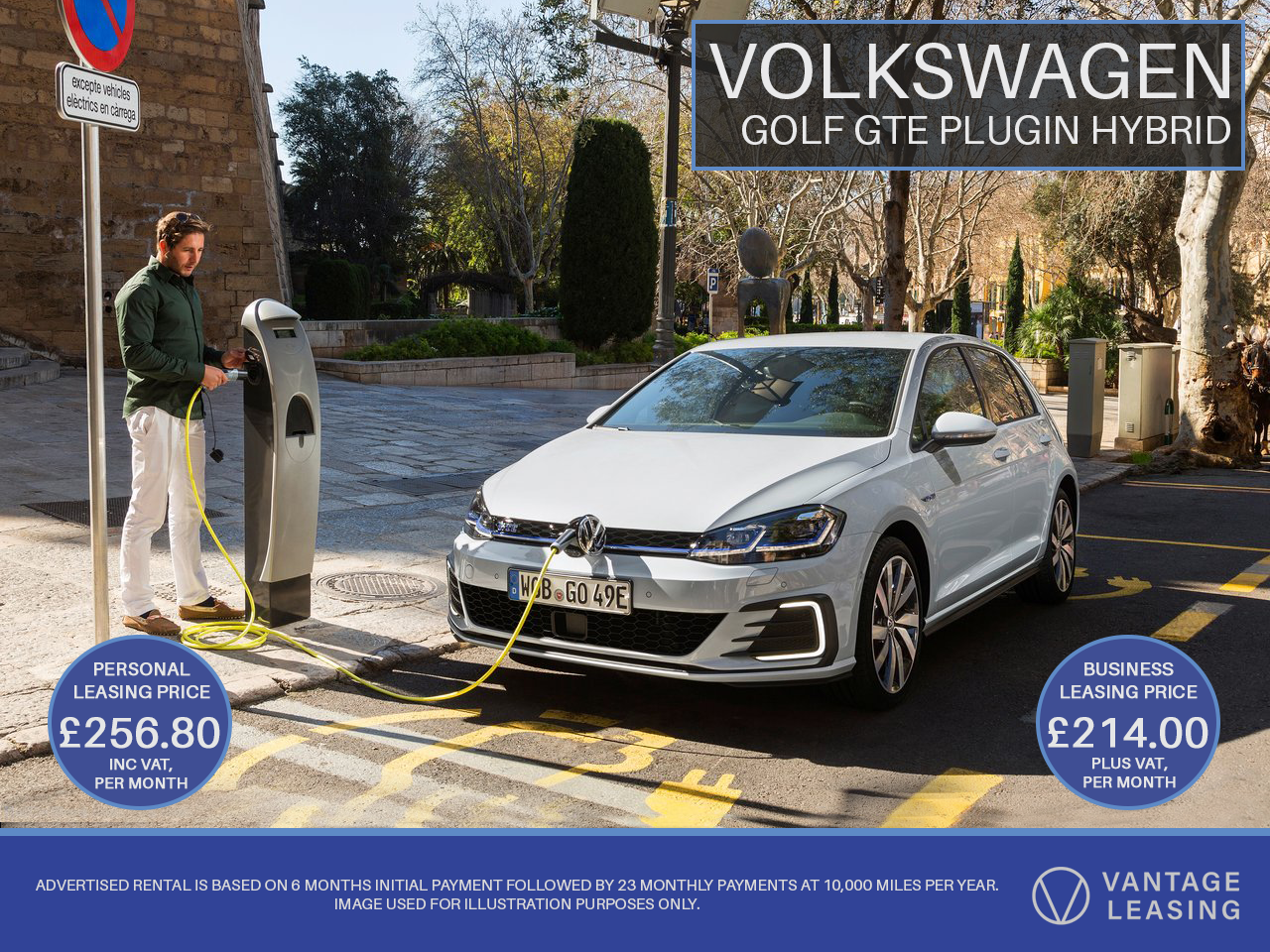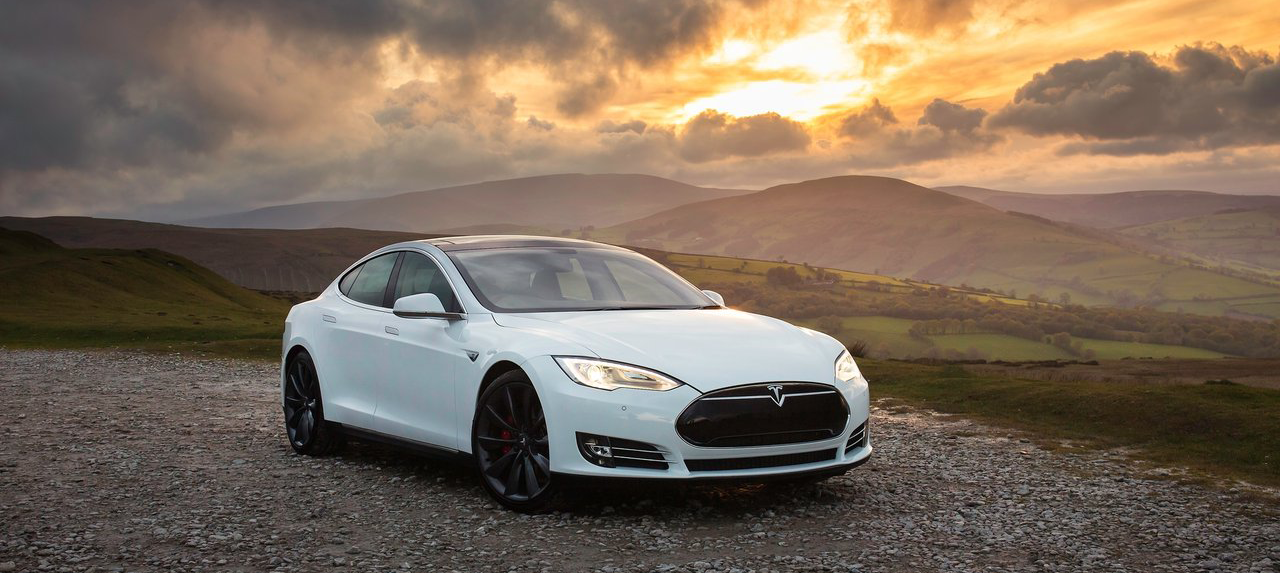Following the news that Munich will ban diesel engines and join some of Europe’s biggest cities in an ongoing attempt to combat air pollution, many consumers seeking a new diesel powered vehicle are wrestling with the uncertainty about what this might mean for their purchase down the line.
With Paris, Mexico City, Madrid and Athens all confirming that they will implement the ban to improve air quality by 2025, concerns for owners purchasing new vehicles with diesel engines have been raised, as they question what their investment might yield as we venture closer to the 2025 deadline.
Whilst this uncertainty is expected to make a dent on the retail market, the leasing market is expected to prosper, now that the consumer’s desire for ownership has never been lower.
Where opting for a lease was once took the hassle out of ownership and reselling, it now represents an added sense of security. By opting for a leasing, consumers no longer feel threatened at the potential for huge financial losses, given that this financial product guarantees the vehicle’s worth at the end of its lifecycle.
In effect, leasing is a long-term rental, designed to take the hassle out of car ownership. Your monthly fee is calculated by two main factors – what the car is listed at new and what the car will be worth at the end of the agreed term. Additional factors effect this depreciation too. These include number of years that you anticipate leasing the vehicle for and the projected mileage that expect to put on the vehicle. This sum is then divided over the number of months that the agreement is taken. The monthly fees can often look seemingly too good to be true, given that you are only paying for the depreciation of the vehicle and not building in any cost of ownership, like with a PCP agreement. This also means that you are not subjected to any interest charges either. Throughout the duration of the agreed term, the rental cannot and will not change, should this policy be accelerated in the UK.
While the likelihood of an accelerated plan is small, the severity of the issue at hand needs addressing. Diesel engines contribute to air pollution by two key ways. Physical matter, categorised as particular matter or PM, can penetrate the lungs in large doses, which when mixed with Nitrogen Oxides can contribute to cardiovascular illness.
Pressure mounting from environmental groups and health organisations have provided evidence to the world’s leading governments that detrimental health effects are conclusive, prompting them to address the matter urgently.

Should it be the case that the environmental implications are more important to you than the financial ones, the increasingly competitive electric car market is developing into a recognised alternative. With the support for electric vehicles increasing, the industry continues to make huge strides in performance and practicality - the two main reasons that have previously held them back. Volvo in particular, really seems to be taking the market by the scruff of the neck, pledging that all their vehicles will be electric/hybrid by 2019. Of course, if you are looking for electric car now there are some readily available on the market. The Volkswagen GTE one in particular that we would recommend, especially if you are looking for exceptional value for money. If you are looking for something a little more prestige, we also have some great rates on the Tesla, who really set the bar on electric vehicle performance.

If you do have any concerns about the pending diesel ban and what it means for you and your vehicle, please feel free to give us a call on 0161 434 4321.
Looking for a deal on your next vehicle?
Check out our special offers or give us a call on 0161 434 4321




